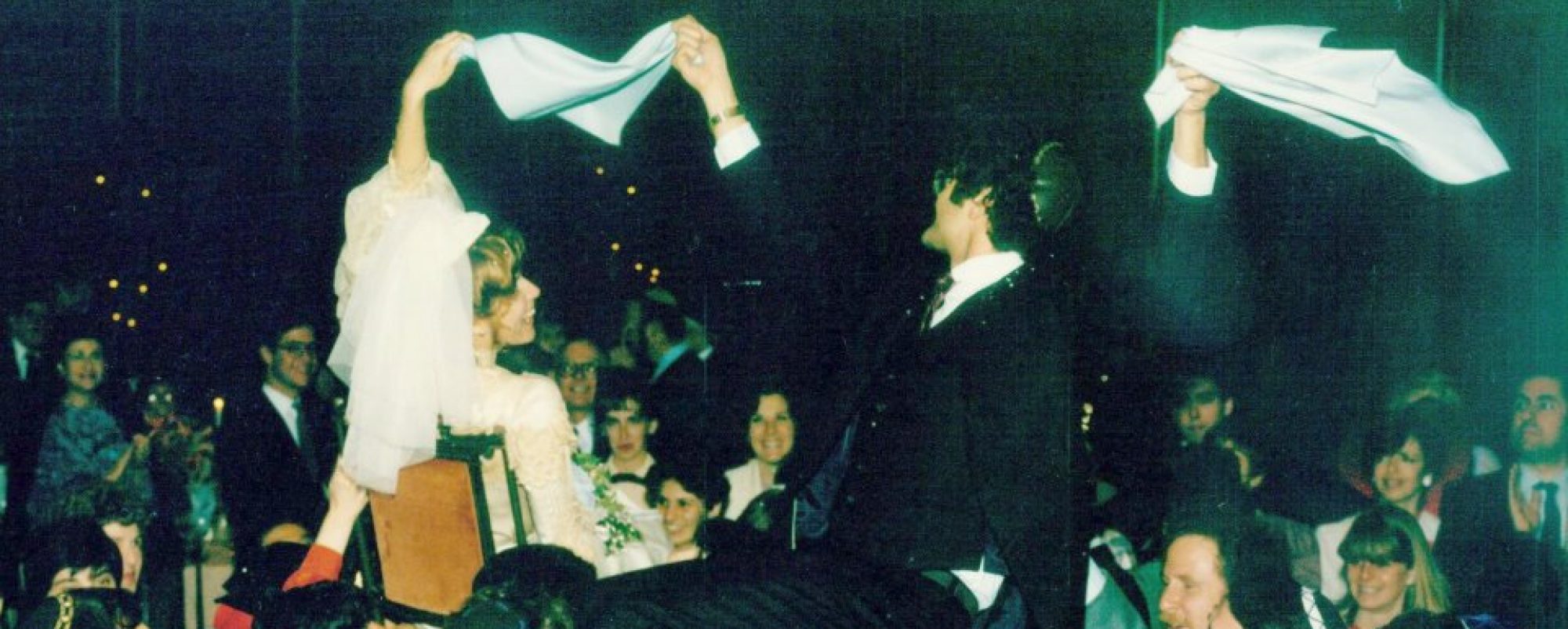“Flip or Flop” Stars’ Divorce Offers Lessons for Others
by Diane Medved
–
When Christina and Terek El Moussa announced the demise of their 7-year marriage last December, the hosts of HGTV’s popular “Flip or Flop” home renovation show kept mum about the rift and continued working together on Season 8 of the hit show.
But after a rocky year that included a 911 call and their August separation, both are emerging to proffer a professional spin and upbeat prognosis for themselves and their two little ones, Taylor, 6, and Brayden, 16 months.
They’re part of a media culture that dismisses divorce and adds to even happily-marrieds’ fears that things may not be as rosy as they seem. If this picture-perfect couple, so compatible onscreen, able to weather Tarek’s thyroid cancer and a period of infertility–all the while collaborating creatively and financially on home remodels–can dissolve their union, what chance do the rest of us have?
No one knows what went on behind the El Moussa’s closed doors, but what we do know is that with the divorce Taylor and Braden lost their “two parent advantage,” the achievement benefits from living with their married biological parents. They’ll miss the model of a committed couple problem-solving and surmounting life’s hurdles together. Taylor and Braden will have to form dual identities, one for Mommy’s world and another for Daddy’s. They’ll learn that marriage is fraught with risk, and, like so many children of divorce, may put off their own marriages, a result of the disorientation and pain that’s sure to recur, as their parents explore new relationships and, as Terek says he’s done, “totally move on.”
Terek El Moussa told Us Weekly he filed for divorce because he and Christina “didn’t fight, we just grew apart.” In that, they’re like the two-thirds of couples leaving “low conflict” marriages, whose children are blindsided by the split, until then assuming theirs was a happy home. These children carry the worst emotional scars, and evidence the greatest aversion to commitment when adults, because experience has taught them not to trust their own perceptions of relationships.
Troubled couples with low conflict may have underlying problems to overcome, but they also have the greatest potential to fix them—thereby sparing their children certain heartbreak and risk of serious repercussions, like stress-related illnesses, “acting out,” depression, and substance abuse. Terek says he and Christina “went through counseling” but broke up anyway. A burgeoning “divorce industry” exists, and in some cases, helpers validate clients’ complaints rather than call them into question objectively.
The El Moussa’s break-up shocked the couple’s fans, who continue to watch them seemingly relate amicably on the show. While their marriage is over, studies of unhappy spouses who do stick it out reveal that five years later, three fourths of them report they’re happy in the marriage. Just the passage of time allows many problems to resolve, and honoring the marital commitment can itself solidify dedication, even with minimal intervention.
The happiest outcome for any child is to see his two parents reconcile, and work to rebuild a functioning, satisfyingly secure family. And when a couple renews the love that brought them together, that’s the kind of “flip” that really adds to the value of a home.
